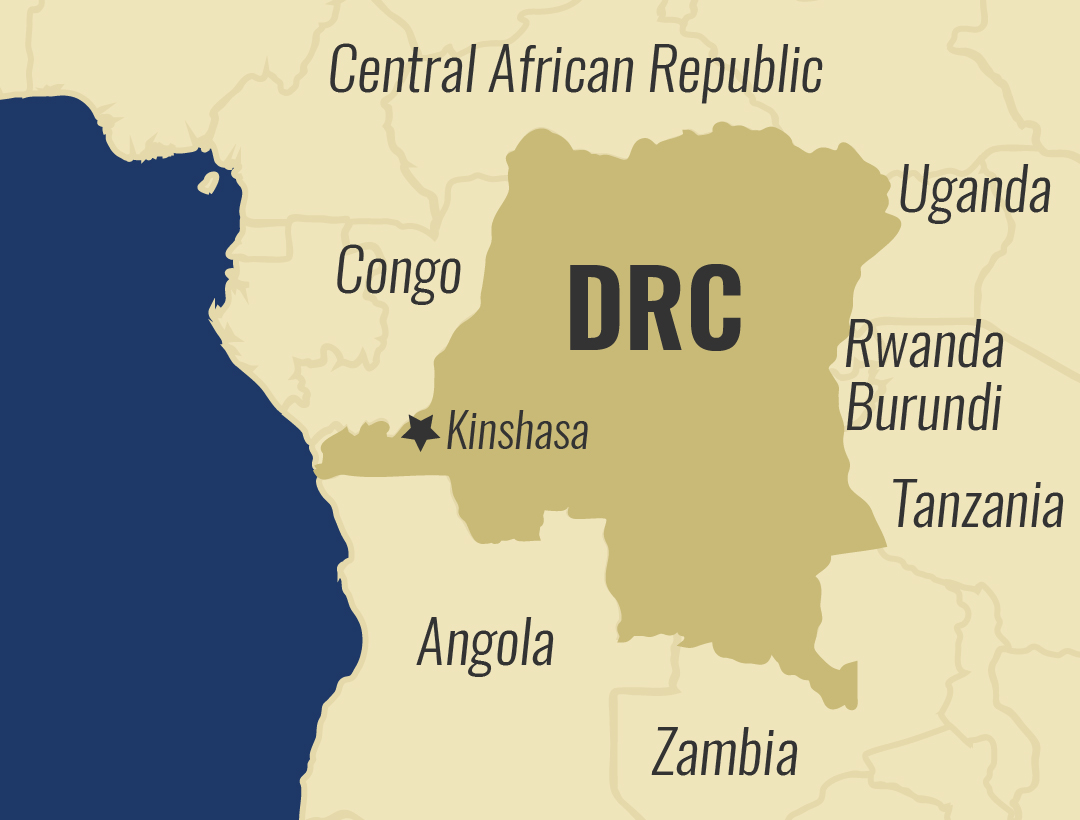Faces of Africa – 3 Decades of Hosni Mubarak
Hosni Mubarak was born on the 4th of May 1928; he was the fourth president of Egypt serving for four consecutive terms from 1981 to 2011.
Hosni Mubarak came into power in 1981 after the assassination of the then president Anwar Sadat. He had an illustrious military career graduating Military school as an officer in 16 months a record at that particular time. His discipline and hard work saw the young Mubarak rise up the ranks of the Egyptian military in a relatively short time.

The six-day war with Israel in June 1967 was a turning point for Hosni Mubarak; this heralded his meteoric rise in both the military & Political ranks. After the 1967 war he was transferred as a director in the air force college, earning him the rank of colonel. In 1969, he was appointed as Air force chief of staff by President Abdul Nasser. In April 1972 President Sadat appointed him as commander of the Egyptian air force. He successfully led the Egyptian air force thereby restoring the confidence of the Egyptian people in their military.
In April 16th 1975, Anwar Sadat appointed Mubarak to be his Vice president. As Vice President, he played a key role in the negotiations with Israel that led to the 1978 Camp David agreement, which in turn resulted in the 1979 peace treaty. The treaty established diplomatic relations between Israel and Egypt and the return of the Sinai to Egypt.

The events of October 6th 1981, catapulted Mubarak to the highest echelons of Egyptian politics. Anwar Sadat was assassinated in the famous “podium attack” carried out during a national celebration. Mubarak became the President, and his presidency lasted for almost thirty years; his reign coming second only to Muhammad Ali Pasha who ruled Egypt from 1805 to 1848, a cool 43 years in power.

Under Mubarak, Egypt made great strides in terms of economic development, Mubarak increased the production of affordable housing, clothing, furniture, and medicine.
Fast forward to Tahrir square the year 2011, an event that shook the Egyptian nation and the Arab world to the core was unfolding. The Egyptian people rose up and for 18 days demanded better; better lives, democracy, equality and social justice. They spoke with one voice. That voice grew louder and louder growing into a thunderous roll that forced the President of Egypt Hosni Mubarak out of office.






